Wednesday Feb 18, 2026
Wednesday Feb 18, 2026
Thursday, 7 March 2019 00:00 - - {{hitsCtrl.values.hits}}
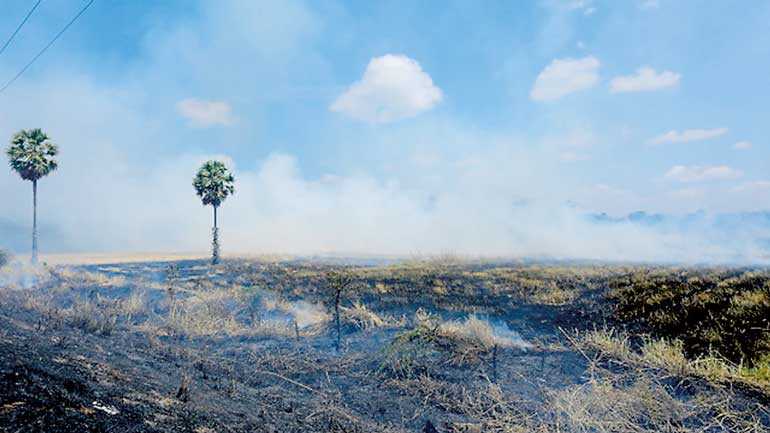
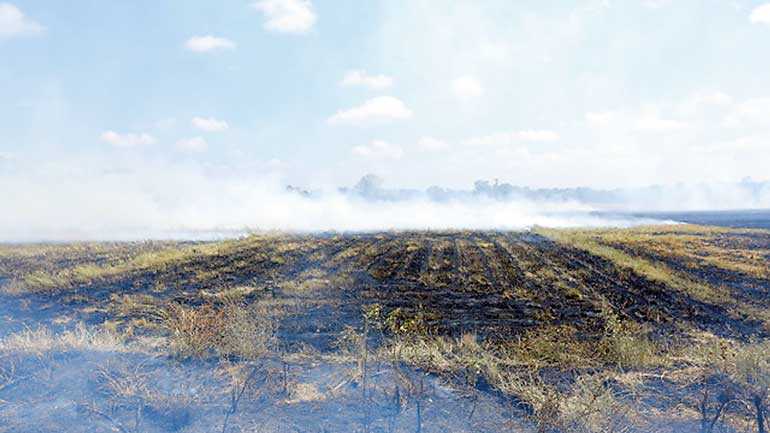
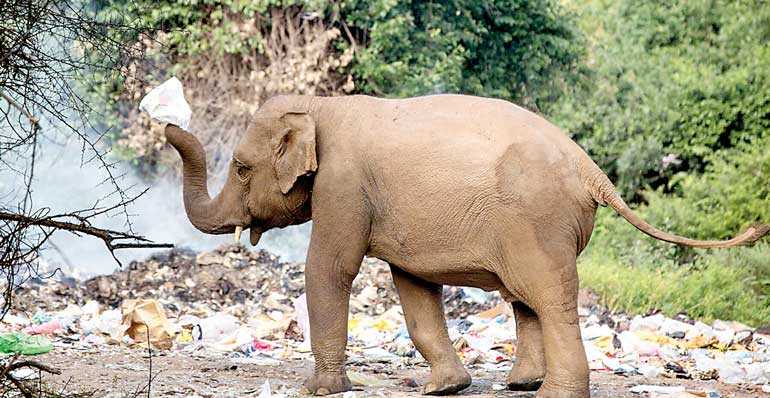
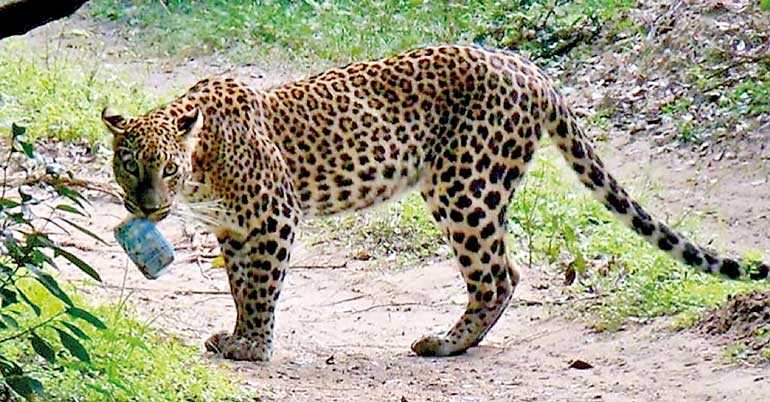
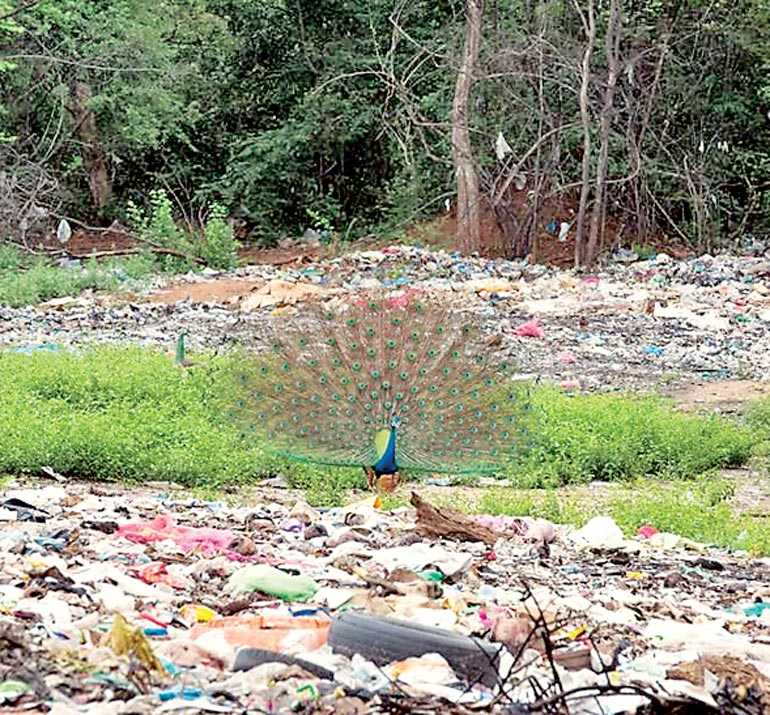
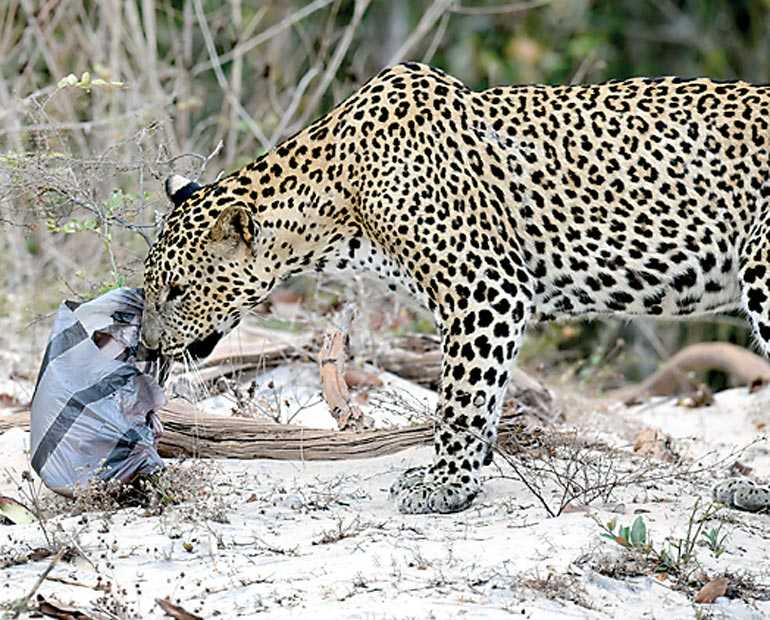
Pictures with meaning
The Wildlife and Nature Protection Society (WNPS) has just launched its first ever Conservation Photography Competition with an entry deadline set for 31 March. The Competition is supported by Wijeya Graphics Ltd., Sri Lanka’s leading graphic design institute and Ranweli Holiday Village, an established eco-friendly resort in Negombo, Sri Lanka. This is an attempt to draw attention and awareness to the urgent need to make conservation a priority in all aspects of life. These are not going to be pretty photographs of animals and birds in various poses, but stark depictions of how humanity is negatively impacting the environment and wild animals, and why and how they should stop before it is too late.
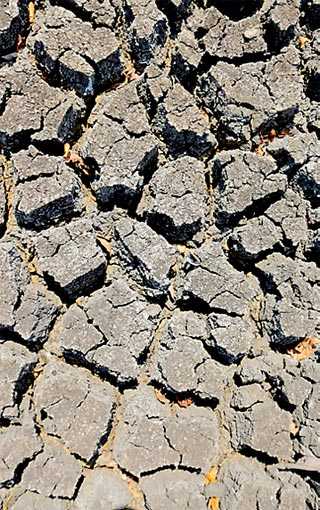 |
Photo credit Darrel Bartholomeusz |
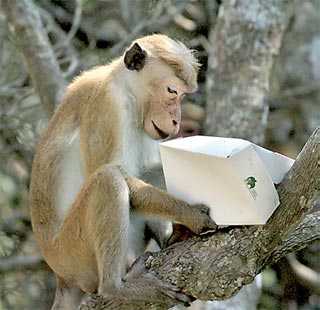 |
Photo Credit Sadhina Abeysuriya |
As aid flows unabated into Sri Lanka for development and the building of infrastructure, no thought seems to be given to whether these projects are viable, of what they replace, or if they are of any use to society as a whole, or if the Environmental Impact Assessments (EIAs) carried out on them are honest and transparent. The island’s forests and trees are decimated daily, sand is illegally gouged out from any place they can find it, rivers, streams and waterfalls are destroyed by hydro and mini hydro-project schemes. In the sea, too, marine animals become entangled in disused nets, rare species are targeted for the pleasure of a few and plastics pollute once-pristine beaches. The resulting environmental and habitat destruction and undue stress is driving some species to the very brink of extinction.
While adverse impacts such as poaching, overfishing, industrialisation, habitat destruction, garbage dumping, human-wildlife conflict etc. are discussed over and again within conservation circles, the common practice seems to be to ignore the law, in this case the Fauna and Flora Protection Ordinance (FFPO). Other numerous policies prepared on conservation, many of which are excellent in content, are not implemented.
Photography with meaning
In this age of digital photography, it is relatively easy for even a beginner to take a pretty photograph. Knowledge and understanding of light, of exposure, of composition, of subject, is accumulated by hours of practice to turn such prettiness into art. Conservation Photography, on the other hand, takes this art a step further, from that of entertainment into a medium of engagement and of education by perfectly illustrating, even by shock and horror, why there is an urgent need for change and the bleak future that humanity will face if it does not. Its powerful pictures show how unrestrained human activity and unplanned development impacts the environment, wildlife, wilderness and the general health of the planet. If nothing is done about it and soon, these may also prove to be the final pictorial records of species that once maintained the vital checks and balances that kept the Earth and its systems in equilibrium.
There is another side to it too. Conservation Photography can also show places and instances where humankind has shown foresight and reason to protect the environment and all its creatures so that future generations will be able to marvel at and benefit by their continued existence.
A call for creative compositions
The WNPS invites photographers to submit photographs that are impactful and carry a conservation message that will stir the consciences of all who see them, incentivising them to make changes that help protect the environment and the natural habitat of wild animals. While photographs should have artistic merit and be technically sound, the power oftheir message should be their most important component. Perhaps they will awaken the mindfulness of people to collect their garbage and not dispose of it in the streets and parks, to save the trees in their back yards for birds to roost of an evening, to permit wildlife to live in the wild without encroaching on their ancient domains, and to live and let live.
The Wildlife and Nature Protection Society would like all conservation photographers to log into their website https://www.wnpssl.org/ for further details of this competition. The entries can be mailed to [email protected]